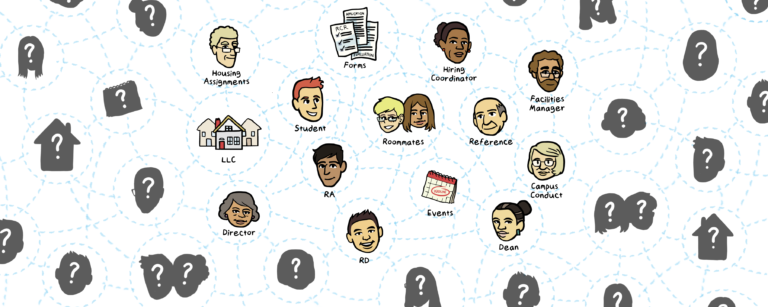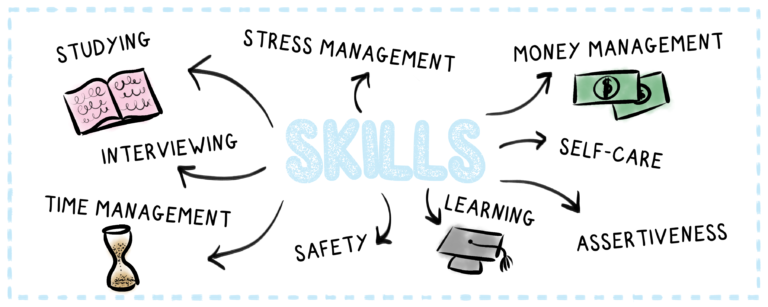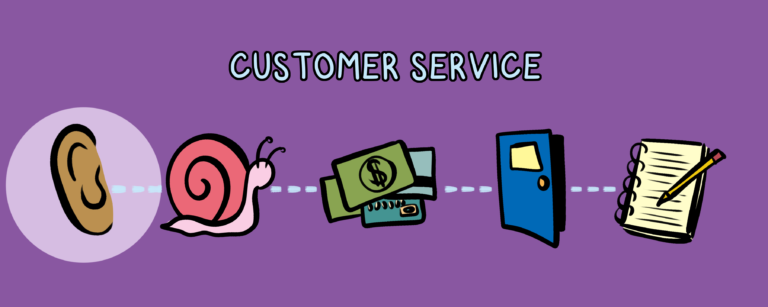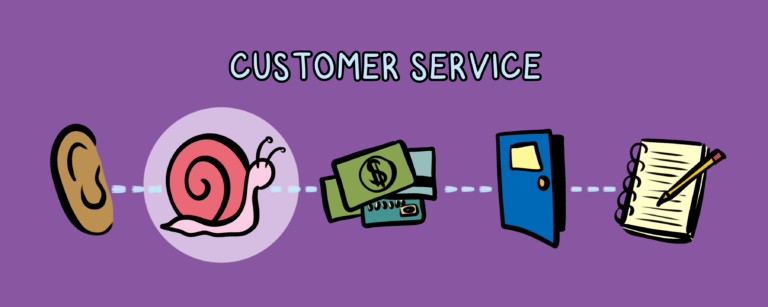Oh, hey. Welcome to the community.
Everyone has experienced stress. It’s a relatable topic that is easy to bring, yet we all seem to react in different ways. How do you experience stress? Do you feel any impact on your health? As long as I can remember, I’ve viewed stress negatively. Then I watched a TED talk by Kelly McGonigal. She suggests that stress is only bad for your health if you believe it is. What?!
How does stress affect our campuses?
Stress is everywhere on campus. “According to a 2008 mental health study by the Associated Press and mtvU, eight in 10 college students say they have sometimes or frequently experienced stress in their daily lives over the past three months. This is an increase of 20% from a survey five years earlier.” When I worked in residence, I would hear it as a major concern from students and staff multiple times daily. It was a major catalyst for students seeking out help–the stress was too much to deal with anymore. And it’s not just students. Staff are also feeling stressed and need help dealing with it.
How can we view stress?
In her Ted talk, McGonigal describes stress in three ways: threat or challenge, tend and befriend, and growth. She claims “when you change your mind about stress, you can change your body’s response to stress,” and by doing so, you can reduce the negative impact that stress has on your body. McGonigal says it has to go with the biological response to stress. If you believe that stress is not harmful, your arteries do not restrict in the way we’ve previously thought. In an interview with Experience Life, McGonigal suggests that “resilience is having the courage to grow from stress. Instead of asking, “Why is this happening to me?” you can ask, “What now?” and, “What for?” and, “What next?”
How can we manage stress?
When you’re experiencing dealing with an unexpected crisis, how are you framing it in your mind? Are you choosing to see how this experience is changing you for the better? McGonigal suggests “[giving] yourself permission to acknowledge that you are going to be changed by stress, adversity, and struggle—but not necessarily only for the worse.” Another researcher, Denise Pope, says “her approach is not simply if you tell yourself everything will be okay, but recognizing that not all stress is toxic.”
None of this is easy. In fact, it’s difficult. In my experience, stressful moments are often the most difficult in which to stay calm, and rarely are you apt to adjust your approach to thinking. By thinking about it before you’re experiencing stress, hopefully, you’ll be more prepared to recognize the signals from your body and your tendencies for dealing with stress. The additional awareness of stress and the ability to reframe the experience when speaking with students and staff may, as a result, help you avoid future stressful situations in the future.
Thanks for being part of our community. We’re glad you’re here.






